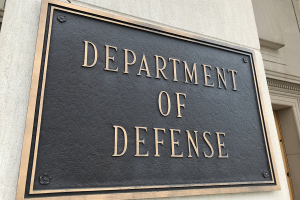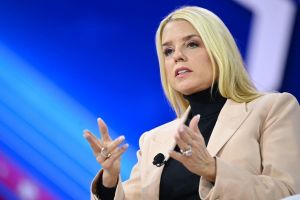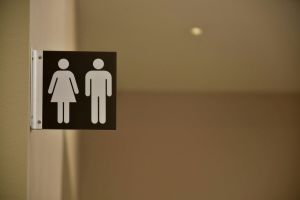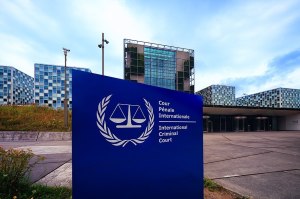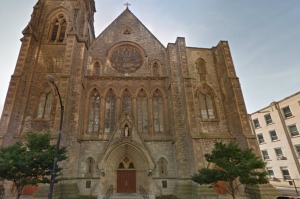Church-Hosted Super Bowl Gatherings Blessed by NFL Policy Change
Churches, ministries, and religious groups across the nation that plan to show the Super Bowl live on big screens will do so this weekend with little fear of legal consequences.
Last year, churches across the country canceled or curtailed their annual Super Bowl fellowships in fear of getting flagged by the National Football League after an Indianapolis church was warned not to hold their Super Bowl viewing party.
In 2008, Fall Creek Baptist Church had planned a gathering at church for about 100 young adults to watch the Super Bowl on a big screen and was going to charge admission to cover snack costs. It also promoted its Super Bowl party on the church Web site.
While the NFL allows churches to screen the big game, the league said the Indianapolis church had violated the league's long-standing policy that bans mass out-of-home viewings except at sports bars and other businesses that televise sports as part of their everyday operations. The policy also prohibited charging admission to watch the game, and restricted the TV screen to 55 inches.
After news of the NFL warning broke out, the league received intense pressure from faith-based legal groups and members of Congress in the days leading up to the Super Bowl and afterward. A top Republican official went as far as to introduce a bill to provide exemption for religious organizations wanting to show professional football games.
"The legislation simply provides churches with a limited yet justifiable exemption to allow them to bring their congregation together to watch the Super Bowl," said Sen. Arlen Specter (R-Pa.) of the Senate Judiciary Committee. "In a time when our country is divided by war and anxious about a fluctuating economy, these types of events give people a reason to come together in the spirit of camaraderie."
About two weeks after Specter's bill was introduced, NFL Commissioner Roger Goodell stated in a letter addressed to Sen. Orrin G. Hatch (R-Utah) that, for future Super Bowls, "the league will not object to live showings – regardless of screen size – of the Super Bowl by a religious organization when such showings are free and on premises used by the religious organization on a routine and customary basis."
NFL spokesman Brian McCarthy said two days later that the change was made to clarify confusion about the matter.
"We were not going after churches, not investigating churches and we have never sued a church," he said. "What we're doing now is simply eliminating the question and confusion about copyright law."
For those churches interested in hosting Super Bowl viewing parties, The Rutherford Institute, which was among the legal groups that urged NFL officials to revise their policy, has offered the following basic guidelines:
• Churches can legally host Super Bowl parties on their premises;
• Churches may show the game on whatever size screen they want;
• While churches may not charge admission, they may take up a donation to help with the cost of the event, if desired;
• Finally, to avoid any copyright infringements, churches may want to call their event a "Big Game Party" rather than a "Super Bowl Party."
"As long as they follow the basic guidelines set forth by the NFL, churches can now rest assured that they are free to have football parties and show the Super Bowl game," said John W. Whitehead, president of The Rutherford Institute.
This weekend, the Pittsburgh Steelers and Arizona Cardinals will face off for the NFL championship game, which will be broadcast by NBC in the United States. In total, Sunday's Super Bowl game will be televised in 230 countries and territories in 34 languages.
















